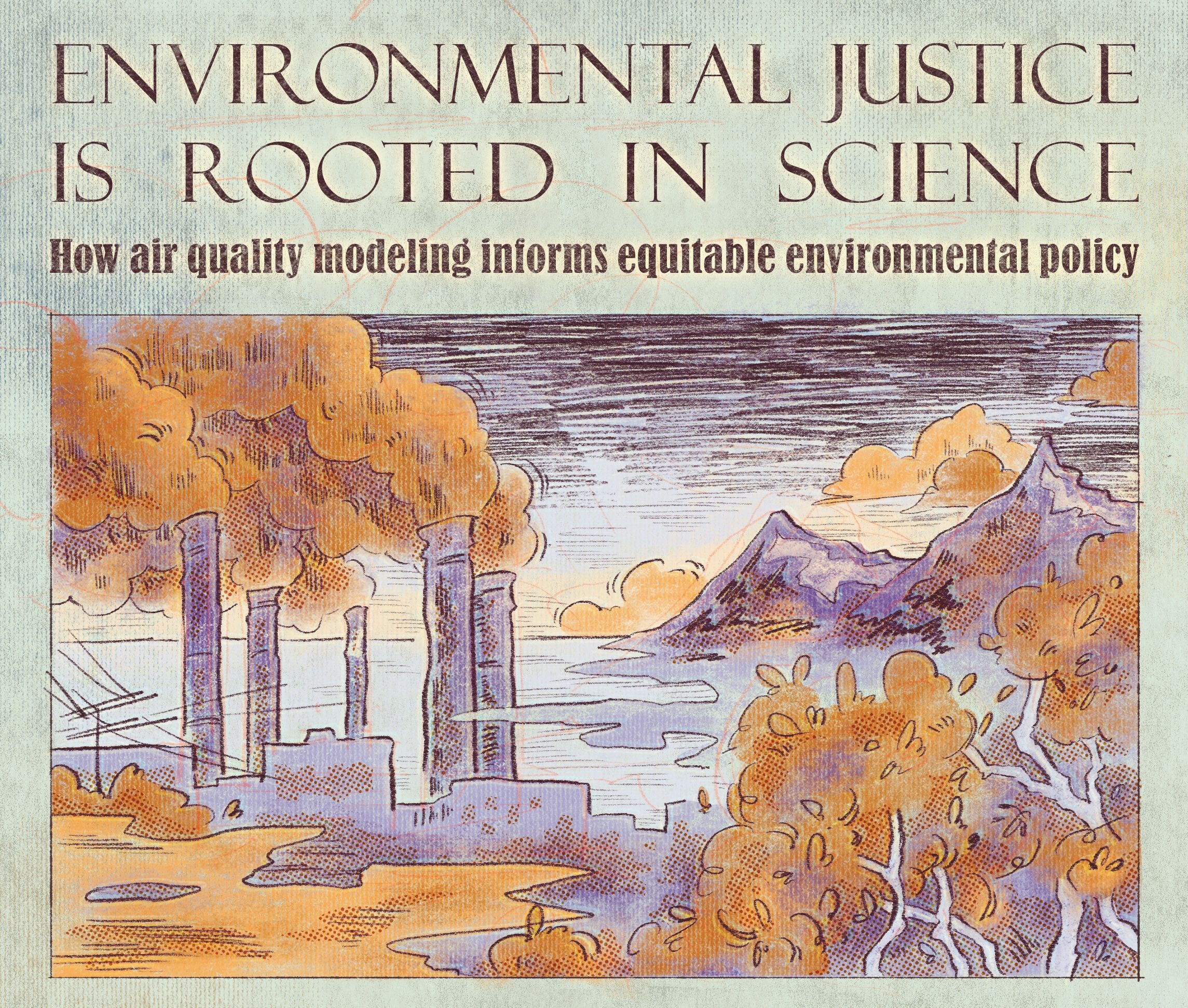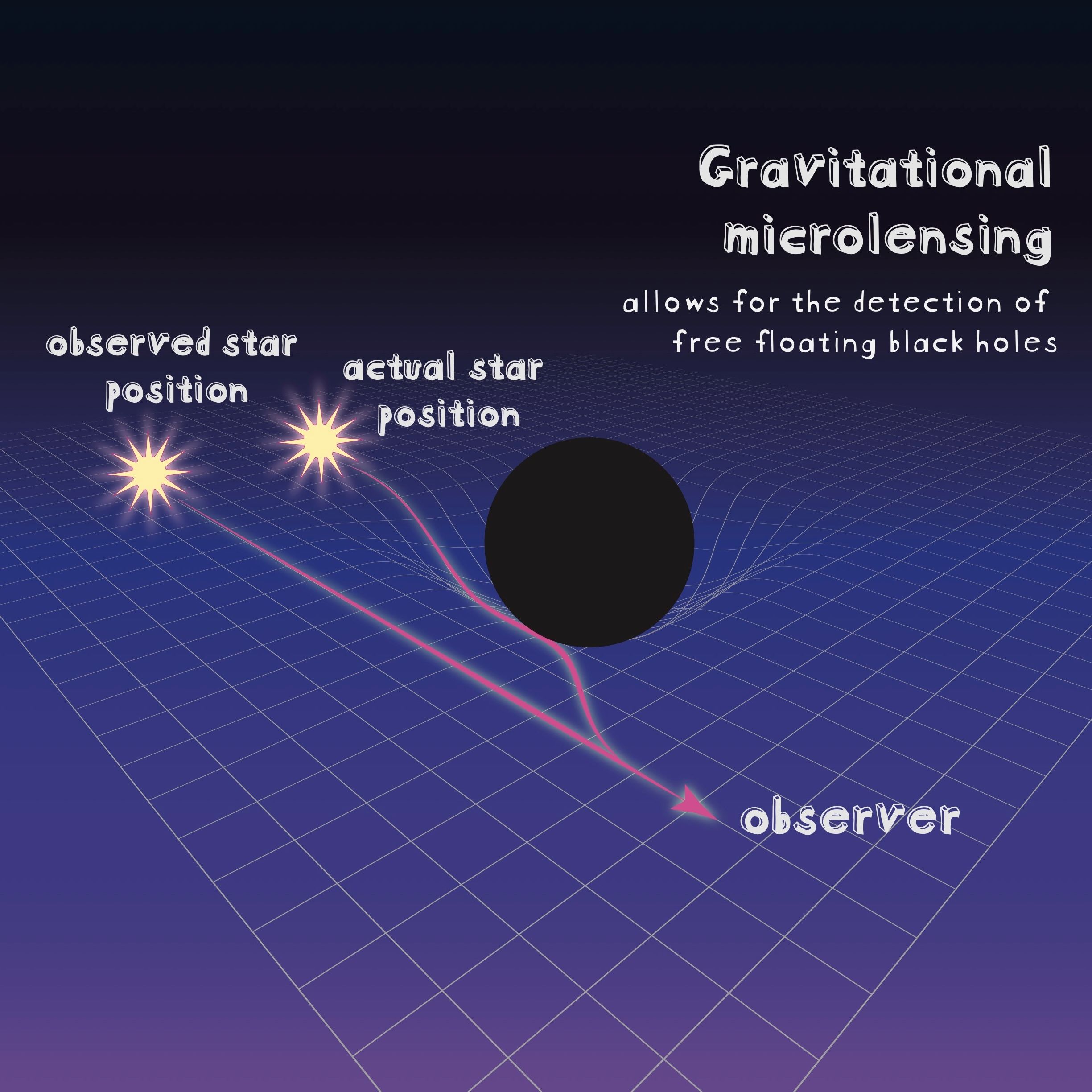[caption id="" align="alignright" width="278" caption="Somewhere in Stephens Hall, a group of people gathers for good."] [/caption]
[/caption]
In a back room of UC Berkeley's Stephens Hall, a small group gathers around a circular conference table that dwarfs the modest room it occupies. They are plotting to change the world. Collectively known as the Coalition for Excellence and Diversity in Mathematics, Science and Engineering, I know them simply as "The Coalition" (cue the superhero theme music). And I'm lucky enough to be considered one of them, as a representative of the Physics Department's Compass Project (or, Compass Guy! if you prefer... not that I have an outfit or anything...).
Founded in 1992, the Coalition brings together programs on campus designed to promote exactly what the group's title claims: excellence and diversity. Coalition co-founder and Emeritus Professor Caroline Kane recalls, "The Coalites, as I like to call them, came together in December that year after the realization that all our students overlapped in programs and in needs and experiences." Each program has its own distinct goals and methods, but all share the common idea that quality mentoring and community-building are two keys to helping first generation students and those from under-represented groups overcome academic and social disadvantages (e.g., fewer or poorer preparatory classes and unfamiliar peer groups) and succeed in science, math and engineering.
From its inception, the Coalition has been a collaborative community where faculty and staff from various programs share expertise and insight on how to best support their students. Through these collaborations, they expand their support networks beyond the capabilities of any one program. Through the Coalition, biology majors struggling in math can be referred to the Professional Development Program for tutoring and expanded sections, and math majors can find reciprocal support for their science studies. The interaction of people entrenched in the daily work of each program is the greatest strength of the Coalition. It provides a forum for exchanging ideas, successes and struggles, and a network that ensures struggling students don't fall through the cracks.
"Originally, the focus was mainly on individual students because without this kind of 'shadow protection agency,' a lot of these students might drop out," says Anne MacLachlan of the Center for Studies in Higher Education and one of the Coalition's early members.
I refer to the Coalition as a "not-so-secret" society because while the member groups' effects are felt across the campus, their collaborations generally fly under the radar. The Coalition, at this time, lacks a website and much of any public face; with the exception of informational sessions and new student orientations for prospective students, you won't find many events on campus with the Coalition's name prominently displayed. But any Berkeley student who has been part of a science, engineering or math department on campus has likely felt the Coalition's influence on the way classes are taught or how the department's mentors and student affairs officers approach undergraduate education. The Coalition garnered accolades for their influential work from the highest office in the country, earning a Presidential Award for Mentoring from President Clinton in 1998.
[caption id="" align="alignleft" width="288" caption="Graduate student Joel Corbo (right) works with students during the Compass Project's 2007 summer physics program."] [/caption]
[/caption]
Professor Kane explains, "The Coalition has gradually developed more 'clout' on campus as departments and administrators realized that our information about student concerns and how to resolve them are real, well-developed, and add to the overall campus improvement of both undergraduate education and attention to diversity issues."
The original member groups of the Coalition in the 1990s included the Professional Development Program (PDP), Biology Scholars Program (BSP), College of Chemistry Scholars Program (CoCSP), McNair Scholars Program (McNSP), Multicultural Engineering Program, Physics Scholars Program, and the Student Learning Center (SLC). Unfortunately, not all of the original programs exist today, at least not in the forms they did then, but new groups have come along, including The Compass Project, to fill some of the gaps left behind. Currently, the Coalition programs have individual populations ranging from 10s (Compass) to 650 (Biology Scholars Program) and collectively serve upwards of 800 students at UC Berkeley.
Today, the Coalition is chaired by the co-founder and current director of the Biology Scholars Program, Dr. John Matsui. The faces around the table include assistant deans and faculty (both current and emeritus) from several departments, along with staff members from various undergraduate programs. I am still a new face at the conference table, and the only graduate student, but I am welcomed without question and greeted with unending support. The Coalition is really a mirror image of the community each program strives to create among its students. These people know, or will be there to share in, each other's successes and failures, ready to lend a hand or a pat on the back wherever they're needed.
When I joined The Compass Project last year, as a fourth-generation half-Japanese-half-Jewish male graduate student, I hadn't spent much time thinking about the problems of under-representation in science. As I like to tell the senior members of the project, "I came for the free Cheeseboard pizza." Of course, once I got my fill of that delicious Berkeley staple, I ended up teaching in the summer, thinking about Compass initiatives all the time, and now co-chairing the finance committee. And now, every other week or so, I'm also sitting at a conference table in a small room in the back of Stephens Hall with a group of amazing people, discussing the innovative and life-changing programs they struggle and succeed with everyday.
Over the course of the next several posts, I'd like to tell you a little about each of the people in the room and the programs they represent. We'll start with John Matsui and the Biology Scholars Program he co-founded... next time. So stay tuned.
Keep reading the rest of this series, where Josh highlights the work of each of the Coalites and the programs they represent.



